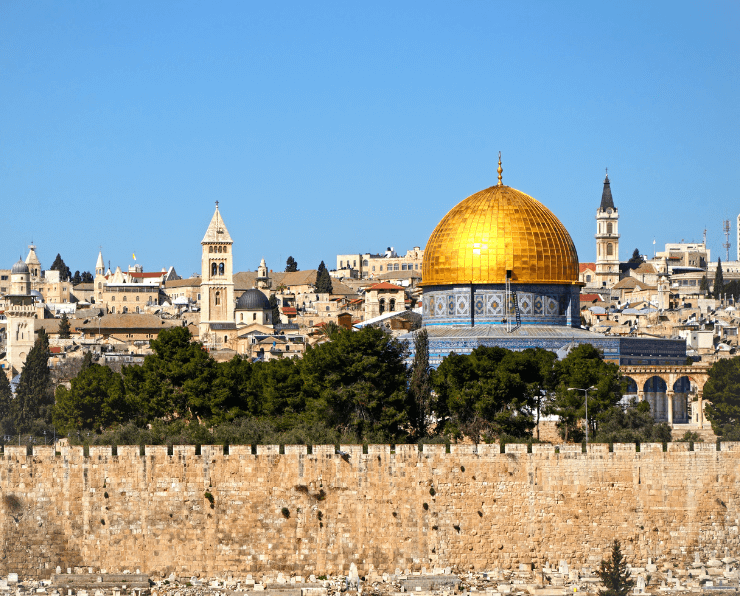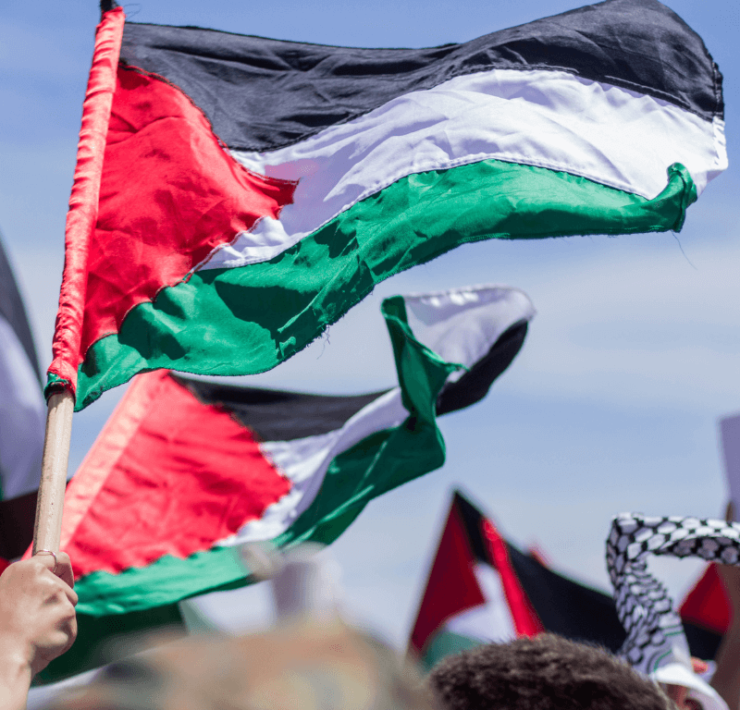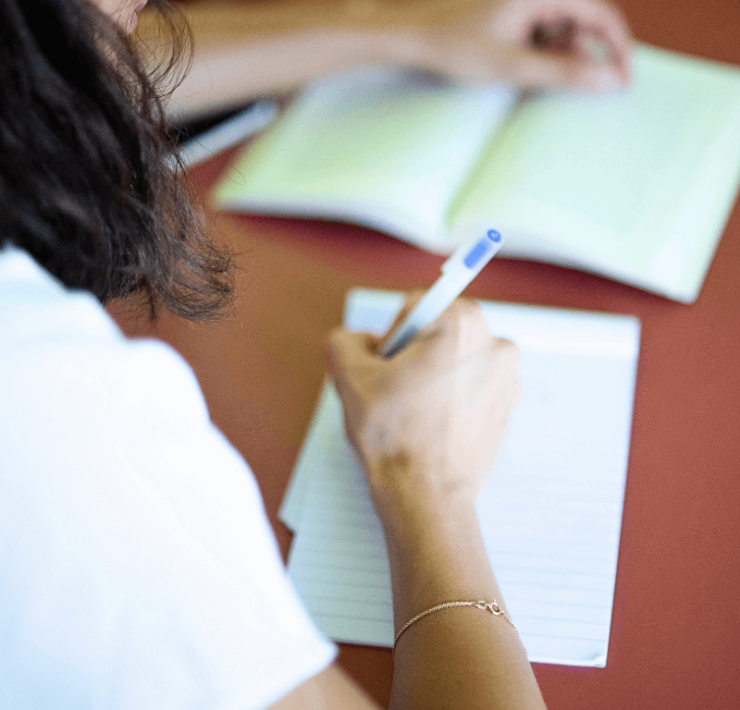This month marks a year since the Taliban seized control of Afghanistan, sweeping through the country and finally retaking the capital, Kabul, on the 15th of August 2021. After twenty years and a war which claimed over 245,000 lives and in which almost 111,000 civilians were killed or injured, US and NATO troops withdrew from Afghanistan in 2021. In their wake, the Taliban rapidly gained control of the country, and the withdrawal of troops culminated in the Kabul Airlift, a dramatic and chaotic operation to evacuate more than 122,000 people from Afghanistan.
Since last August, Afghanistan has mostly faded from the headlines, but the suffering of its people has only deepened. Economic sanctions, funding freezes, the dramatically rising prices of food, fuel and medicine, a crippling drought, and the impact of a devastating 5.9 magnitude earthquake have left over 24 million people in urgent need of humanitarian aid. Over 97% of the population is estimated to be living below the poverty line by the end of 2022.
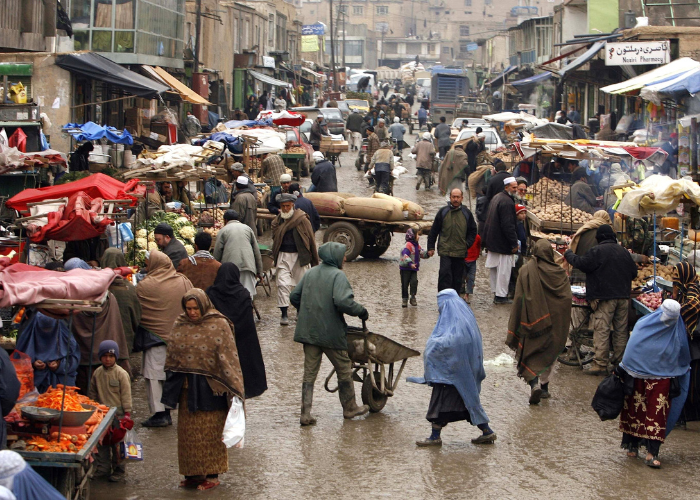
The earthquake on 21st June 2022 killed over 1,000 people in Afghanistan and left almost 3,000 injured. In total, more than 360,000 people were affected by the quake, with over 4,500 homes severely damaged or completely destroyed. Although the aftershocks have subsided, the danger is far from over, with cholera and other communicable diseases threatening to take hold in the disaster zones and the spectre of a further wave of Covid-19 looming over communities already in crisis.
Meanwhile, as crisis after crisis rocks the country, Afghan girls are no longer permitted to attend school beyond the primary years, and many women have been expelled from their jobs. The school closures not only cripple a generation of girls who are being denied an education, but have already led to an increase in forced marriages and domestic violence.
The world must not forget about Afghanistan. Here are some places where you can learn more, and some ideas for how we can do more to support Afghanistan’s people.
Twitter Accounts To Follow
Zarifa Ghafari | @Zarifa_Ghafari
Zarifa Ghafari was appointed the Mayor of Maidan Shahr, a city in Wardak Province, at the age of only 26 and became the youngest ever mayor in Afghanistan. After the fall of the Afghan government as the Taliban approached Kabul in August 2021, Ghafari and her family were forced to flee for their lives. Despite the murder of her father by militants and three attempts on her life, she remains an outspoken activist working for women’s rights in Afghanistan.
Yogita Limaye | @yogital
BBC News Correspondent Yogita Limaye is a specialist on South Asia and Afghanistan, and has made multiple trips to Afghanistan, including a recent trip to a maternity ward in a hospital in Badakhshan where women and their babies are paying a terrible price as hunger and shortages ravage the country.
Gulwali Passarlay | @GulwaliP
Aged only 11, Gulwali Passarlay was given a choice – to join the Taliban, or collaborate with the American military and risk everything. Instead he fled with his 13 year-old brother, braving a 7,000 mile journey to safety in the UK. Today, he is an author, advocate and speaker working tirelessly for the rights of refugees.
Secunder Kermani | @SecKermani
BBC Pakistan & Afghanistan Correspondent Secunder Kermani’s account is the one to follow for the latest in Afghanistan and nuanced reports from Kabul. Kermani was in Afghanistan last year as the Taliban swept to power and is known for his high-profile interviews.
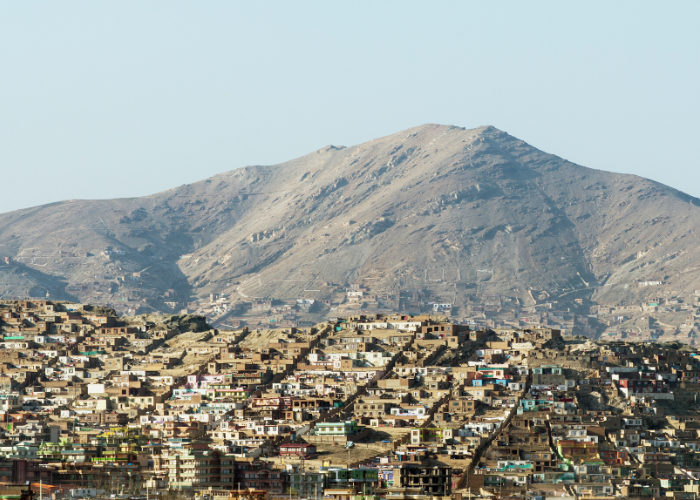
Instagram Accounts To Follow
Rustam Wahab | @rustamwahab_
At only 20 years old, Rustam Wahab is working to keep what is going on in Afghanistan in the public eye. From sharing eyewitness accounts of what is going on from contacts still in the country to highlighting government (in)action, his account gained huge traction last year for his updates as the Taliban swept through the country and remains a must-follow to keep up to date with the situation in Afghanistan.
Pashtana Zalmai Khan Dorani | @afghania_barakzai
A passionate advocate for education, Pashtana Dorani founded the non-profit organisation LEARN, which provides education for thousands of Afghan women and girls. Using online and downloadable resources, LEARN allows Afghan girls to continue to study and provides courses on topics including web development, coding and graphic design.
The Worldwide Tribe | @theworldwidetribe
Follow @theworldwidetribe for stories from Afghanistan and beyond. Focusing on migration, the Worldwide Tribe aims to show the humanity behind the headlines and share the voices that are all too often overlooked.
The Afghan | @theafghan
Keep Afghanistan on your feed with @theafghan, which shares news, stories, pictures and information from across the country. You’ll find real, human stories of individuals adapting to the changing conditions in Afghanistan and updates on the latest events, such as the recent earthquake.
Books
For your convenience, this section includes affiliate links through bookshop.org, an online bookseller where each purchase supports independent bookstores.
No Good Men Among the Living: America, the Taliban, and the War through Afghan Eyes | Anand Gopal
Through the stories of a Taliban enforcer, a former mujahideen captain who fought the Soviets, and a highly-educated housewife pulled from her job at the World Health Organisation, journalist Anand Gopal recounts the recent history of Afghanistan in all of its shades of grey.
Dancing in the Mosque: An Afghan Mother’s Letter to Her Son | Homeira Qaderi
This devastating memoir by author and activist Dr. Homeira Qaderi takes the form of a letter written to the son she had to leave behind in Afghanistan. Determined to give girls an education at any cost, the young Qaderi set up a secret school inside a mosque, but her world comes tumbling down when her husband becomes sympathetic to the Taliban and divorces her, denying her access to her baby son, who is brought up believing that his mother is dead.
Losing Afghanistan: The Fall of Kabul and the End of Western Intervention | Edited by Brian Brivati
This collection of twenty-one essays by commentators, soldiers, analysts and politicians interrogates the principle of Western intervention and attempts to answer the question of how the West failed so conclusively in Afghanistan. Including eyewitness accounts from Afghan voices, Losing Afghanistan is a crucial read for anyone keen to understand the events of 2021 and the ongoing crises Afghans are facing.
The Lightless Sky | Gulwali Passarlay
This extraordinary autobiography by activist Gulwali Passarlay chronicles the year-long journey he made as a 12 year-old boy from Afghanistan to the UK. After his father and grandfather were killed, he and his 13 year-old brother fled their homeland to escape being recruited by the Taliban or pressured into collaborating with the American military. The harrowing story of his 7,000 mile journey describes how a young boy who had never seen the sea survived imprisonment, hunger, brutal mistreatment at the hands of smugglers and border police, and a Channel crossing which almost cost him his life.
Podcasts
The Documentary Podcast: Escape from the Taliban | BBC
Sana Safi presents this podcast telling the story of two female judges in Afghanistan forced into hiding after the fall of Kabul, following their journeys as they race to escape the country before the Taliban come knocking.
Asylum Speakers | The Worldwide Tribe
Started by Jaz O’Hara who you may know from @theworldwidetribe, the Asylum Speakers podcast shares stories of migration and more through interviews with a stellar lineup of special guests including Khalida Popal, Rustam Wahab and Gulwali Passarlay. Episodes 9, 32, and 38 are great places to get started on Afghanistan.
A Wish for Afghanistan | BBC World Service
In this podcast series, released shortly after the withdrawal in 2021, the BBC’s Lyse Doucet talks to Afghans and others – from mullahs to politicians and women’s rights activists – about their experiences, fears and hopes for the future of their country.
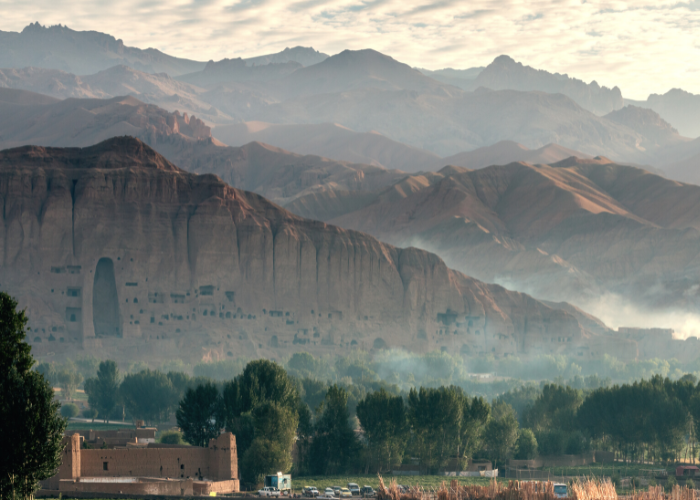
How you can help:
Awareness
Since the height of the media coverage of Afghanistan in August 2021, the headlines have moved on and so has public awareness. One of the key things we all need to do is make sure that Afghanistan is not forgotten. We hope you can use these resources as a starting point to learn more.
Lobby your political representative to support Afghanistan and open legal resettlement routes
In addition to Afghanistan fading from the headlines, the war and suffering in Ukraine has meant that, in many areas, the focus has shifted to supporting Ukrainian refugees. The differing treatment of the two groups is becoming painfully evident, and in both the US and the UK, most Afghan refugees face a much harder path to legal settlement than their Ukrainian counterparts. We can use our voices to keep Afghanistan on the agenda and campaign for equal support for all refugees.
If you’d like to help, you can research the state of legal resettlement routes in your home country, and get in touch with your local political representative to encourage them to improve provisions for Afghan refugees and remove barriers to legal resettlement.
UK
Many high-ranking figures have spoken out about the atrocious treatment of Afghan refugees by the UK government. The UK government only provided assistance to a fraction of those who applied for evacuation in August last year. One estimate is that of 75,000 to 150,000 applications, only 5% received help.
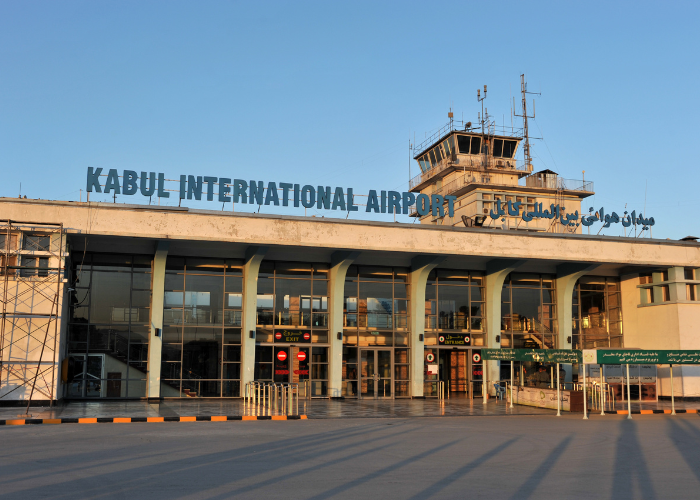
More than half of the 20,000 Afghans who were able to come to Britain since last year are still languishing in substandard temporary accommodation, and many are facing red tape in their search for work. Even those who worked as translators for the British Armed Forces are struggling to find jobs, and are told by Job Centres that their glowing references from their previous British employers count for nothing.
If you’re based in the UK, you can use this link to find out how to contact your local MP to demand better provisions for Afghan refugees in the UK and aid for those in Afghanistan.
US
Many thousands of Afghans currently residing in the US under humanitarian parole are at risk of losing their legal residency and their ability to work and access health care once their two-year parole period ends. If you are based in the US, you can support the proposed Afghan Adjustment Act to prevent this happening. Find out more here.
You can also send an email to the White House demanding support for Afghanistan through an initiative started by the International Rescue Committee.
Australia
Those in Australia can sign this petition calling on the Australian government to take action to alleviate the rapidly worsening humanitarian crisis in Afghanistan.
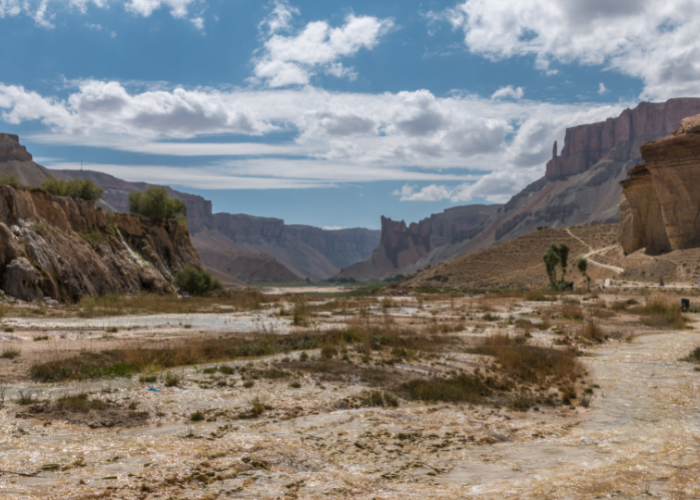
Support Afghan refugees in your community through volunteering, internships, translating, donations of funds or essential items, or offering tutoring
There are also lots of hands-on ways you may be able to support Afghans within your community. Across the world, non-profits and charities offer opportunities for volunteers, interns and translators. You may also be able to help by donating essential items or helping to distribute them, and some charities coordinate tutoring opportunities, for example to support Afghan children with their language skills in their new host country.
For anyone in the US keen to help, this is a great database where you can find ways to support Afghans in your community – just look up your city or state.
Donate
Here are a selection of charities providing humanitarian aid and services in Afghanistan should you wish to donate.
International Rescue Committee
Have you come across any other resources about Afghanistan or ways to help in your local area? Let us know so we can add them to the list!


